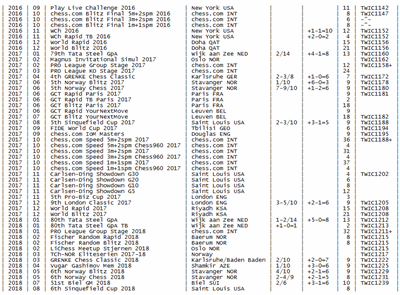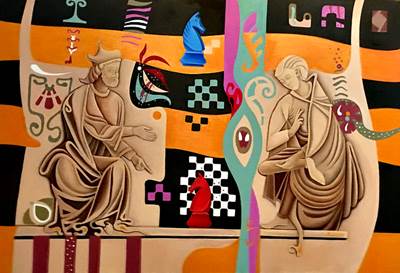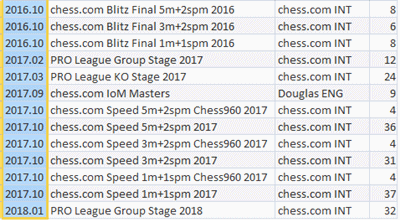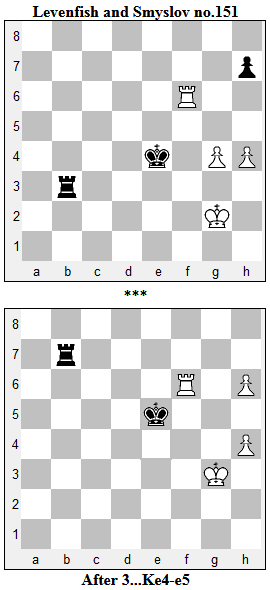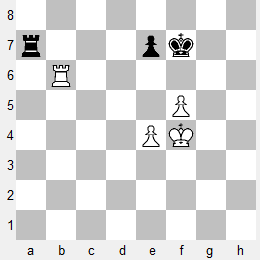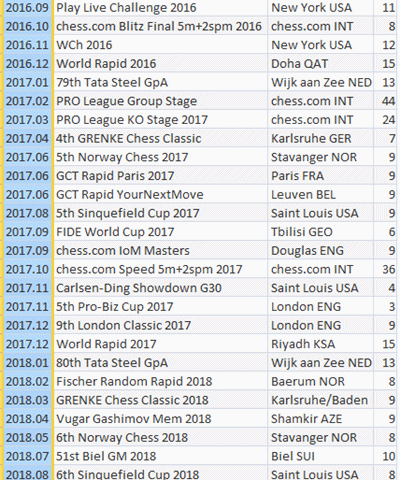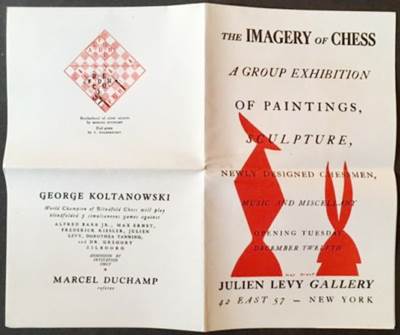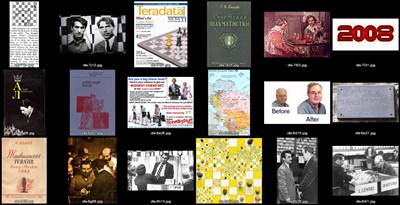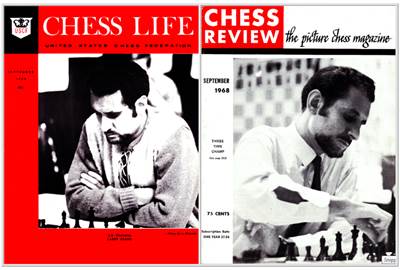The Sociology of Chess960
Move over chess -- make some space for chess960! I ended last month's post on The Sociology of Chess (November 2016) with,
In nearly every post about the 'The Sociology of Chess', ChessBase India has at one candidate on the video short list, usually several candidates. I'm sure we'll see one of them again.
I could have followed-up that post, Best Blind Players of India, with one of a dozen videos about the impact of Indian chess, but this month another topic beckons.
On one of my other blogs, 'Chess960 (FRC)', where the 'FRC' stands for 'Fischer Random Chess', I documented an exhibition event from last month, Champions Showdown, St. Louis:-
Twenty games times five matches means 100 games of chess960 played by some of the best chess players in the world.
Here's a video from the sponsor of the event, the Saint Louis Chess Club, where the players discuss some high level aspects of Fischer's greatest invention.
2018 Champions Showdown: Thoughts on Chess960 (3:19) • 'Published on Sep 13, 2018'
The description said simply,
The players express their feelings on the chess960 variant before their chess960 matches. (USChessChamps.com)
In the three minute clip, GM Maurice Ashley asks three questions:-
0:00 'What is it that makes chess960 so much fun?'
1:00 'What are the special challenges of playing chess960?'
2:00 'Is chess960 the future?'
Before signing off, I have a quibble with the description. In Top 10 Myths About Chess960 (May 2012), myth number two is 'It's a variant of traditional chess'. It's not a variant; it's an evolution. Traditional chess is a subset of chess960.



